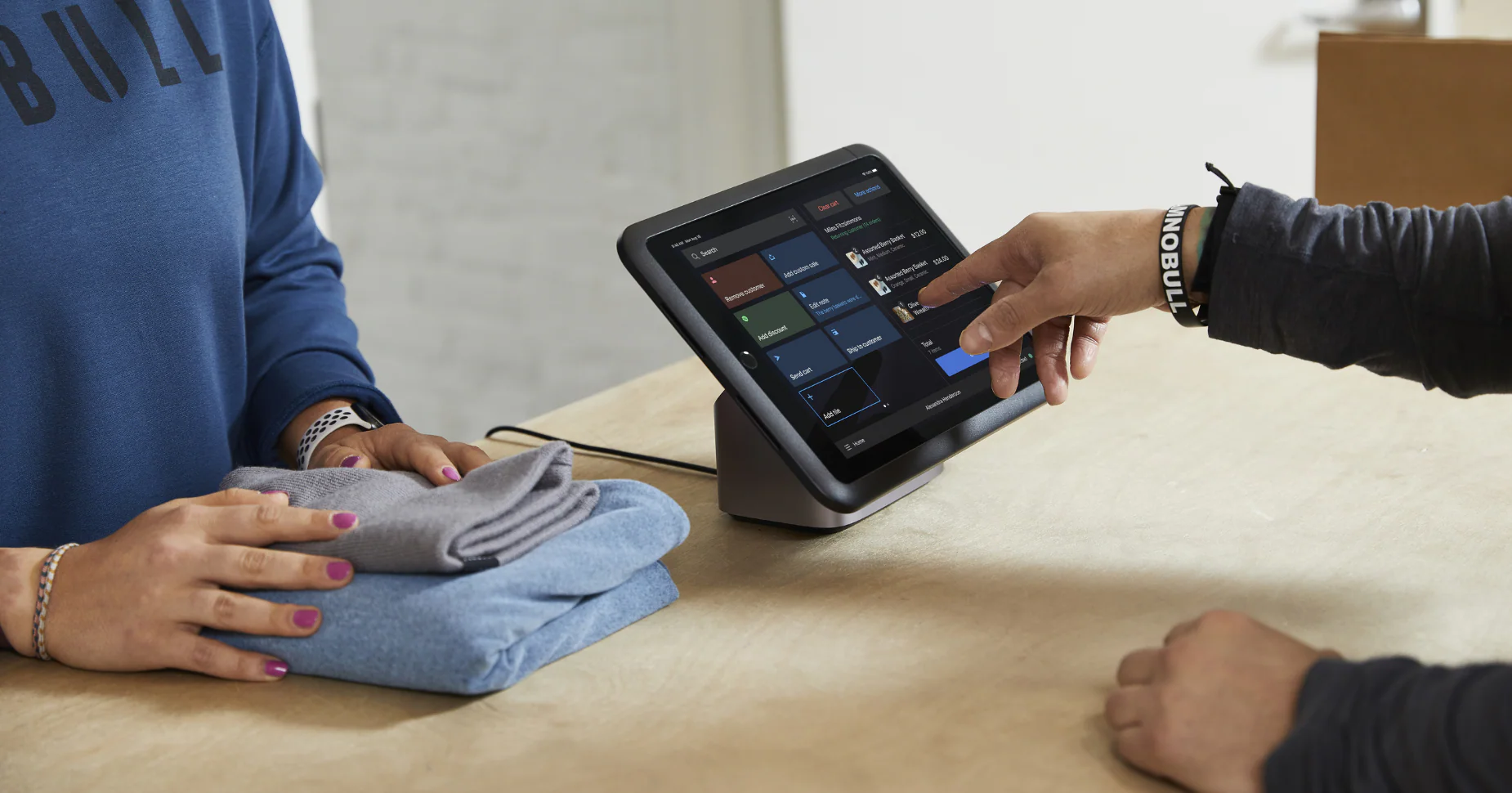POS Audit Trails: Keep Your Business Honest and Transparent

A POS audit trail is essentially a digital log that tracks and stores every action made within the POS system. Think of it as the “black box” of your business operations. From the moment an employee logs in, to every keystroke, transaction, and adjustment, the audit trail captures and timestamps it all.
These records allow business owners and managers to review past transactions, spot inconsistencies, identify patterns, and investigate any suspicious activity. Most importantly, they promote a culture of honesty and accountability among staff.
Why Are POS Audit Trails Important?
- Fraud Prevention One of the biggest challenges businesses face is internal theft or manipulation of sales data. Audit trails make it nearly impossible to cover up dishonest actions, as every change is logged with a time, date, and user ID. Whether it’s voiding a sale, giving an unauthorized discount, or deleting an item, the audit trail will tell the full story.
- Error Detection Not all discrepancies are malicious—sometimes they’re just mistakes. Audit trails help spot and correct these errors quickly, before they snowball into larger problems. For example, if the register is consistently short, the trail can help you trace it back to specific transactions or employees.
- Compliance and Tax Reporting Many regulatory bodies require accurate sales records for tax purposes. A well-maintained audit trail ensures you have all the necessary data for audits, inspections, or end-of-year reporting. It also shows that your business operates with transparency and due diligence.
- Improved Staff Accountability When employees know their actions are recorded, they’re more likely to follow company policies and procedures. Audit trails reduce the likelihood of “under the table” deals or unauthorized discounts and motivate your team to stay professional and responsible.
- Customer Dispute Resolution Have you ever had a customer claim they were overcharged or didn’t receive a refund? With a POS audit trail, you can quickly verify what happened, show a digital record of the transaction, and resolve the issue confidently and professionally.
How to Make the Most of Your POS Audit Trail
- Review Regularly: Don’t just let the data sit there. Set a schedule to review audit logs weekly or monthly, especially focusing on high-risk actions like refunds, voids, and discounts.
- Assign User Roles: Make sure every employee has a unique login and role-based permissions. This makes it easier to track who did what, and limits access to sensitive functions.
- Use Alerts and Reports: Many modern POS systems allow you to set up alerts for unusual activity—such as excessive refunds or large voids. Take advantage of this automation.
- Train Your Team: Make your staff aware of the audit trail feature, not in a threatening way, but as part of a culture of accountability and quality control.
- Back Up Regularly: Ensure your POS system is cloud-based or has regular backups so your audit data is never lost due to technical failures.
Final Thoughts
A POS audit trail is more than just a digital log—it’s your silent business partner, keeping things fair, transparent, and secure. In an age where data is power, having a clear view of every transaction helps you stay one step ahead of fraud, mistakes, and operational inefficiencies. Whether you’re running a small café or a multi-location retail chain, leveraging audit trails is one of the smartest moves you can make to protect your business—and your peace of mind.






